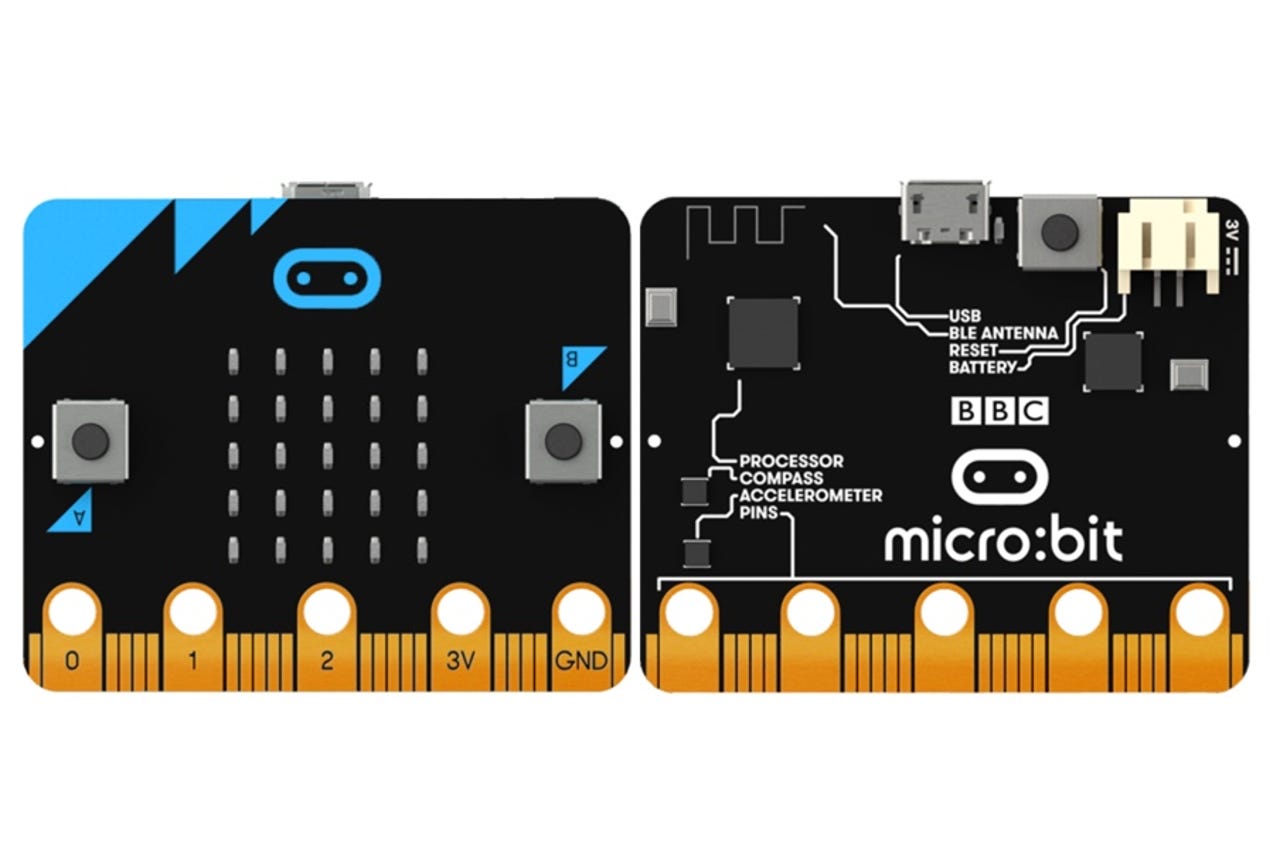Cheap Raspberry Pi alternatives


BBC micro:bit
While the BBC micro:bit is primarily aimed at schools, its low price (about $16) and ease of use makes it a great tool for learning and prototyping on.
The micro:bit is powered by a 32-bit ARM Cortex processor and comes with a built-in accelerometer, magnetometer and Bluetooth.
A unique feature of the micro:bit is the integrated 5x5 LED matrix that offers 25 individually programmable red LEDs to use as a basic display or output.
C.H.I.P.
At $9, C.H.I.P. is a perfect demonstration of how cheap computing has become. You get what would only a few years ago have been desktop power on a tiny board.
- 1.0GHz CPU
- 512MB of RAM
- 4GB of storage
- Built-in Wi-Fi and Bluetooth
Raspberry Pi Zero W
OK, OK, I know that technically the Zero W is a member of the Raspberry Pi family, but this one is too awesome to not list!
Why?
Because for only $10 it offers a very impressive feature set:
- 1GHz, single-core CPU
- 512MB RAM
- Mini-HDMI port
- Micro-USB On-The-Go port
- Micro-USB power
- HAT-compatible 40-pin header
- Composite video and reset headers
- CSI camera connector
- 802.11n wireless LAN
- Bluetooth 4
Omega 2
The Omega 2 from Onion Corporation comes with built-in Wi-Fi (802.11 b/g/n) and on-board flash storage - all for $5!
The board runs a custom Linux distro that's based on OpenWrt but you can also choose to run FreeBSD.
The modular nature of the Omega 2 means that you can easily add features such as Bluetooth or GPS to suit your needs.
VoCore
A coin-sized Linux computer that is totally open-source, and costs $20. This is a small, low-cost, totally open-source (both the hardware and software) computer that's ideal for projects such as IoT or building your own custom router.
- 360MHz MIPS CPU
- 32MB of RAM
- 8MB of flash memory
- Ready equipped with header pins for sound, USB 2.0, Ethernet, and Wi-Fi
NanoPi 2 Fire
A cheap, $23 quad-core powered board that's ideally suited for hobbyists.
- Samsung S5P4418 quad-core ARM Cortex-A9 up to 1.4GHz
- 1GB of RAM
- Gigabit Ethernet
- USB 2.0